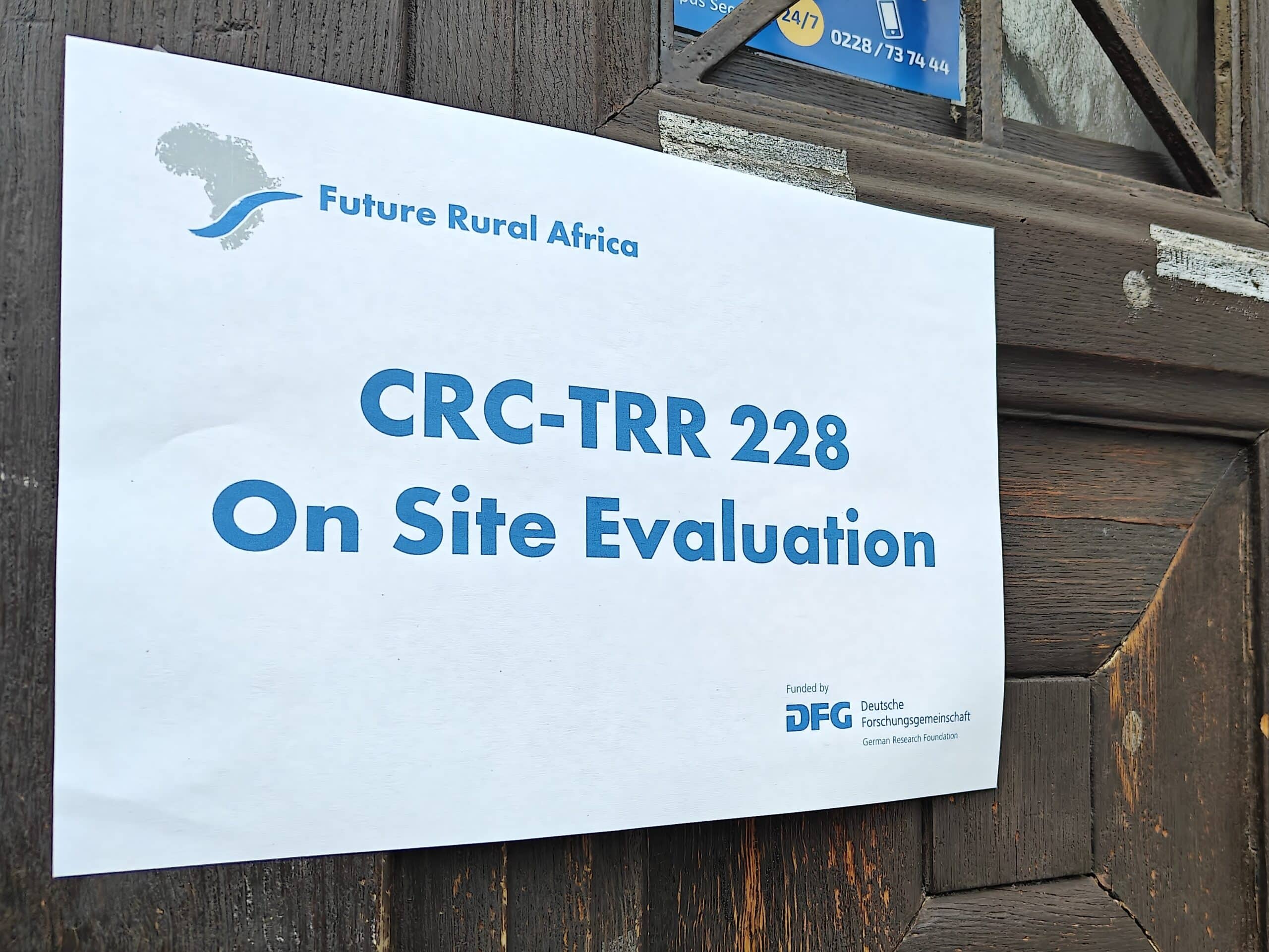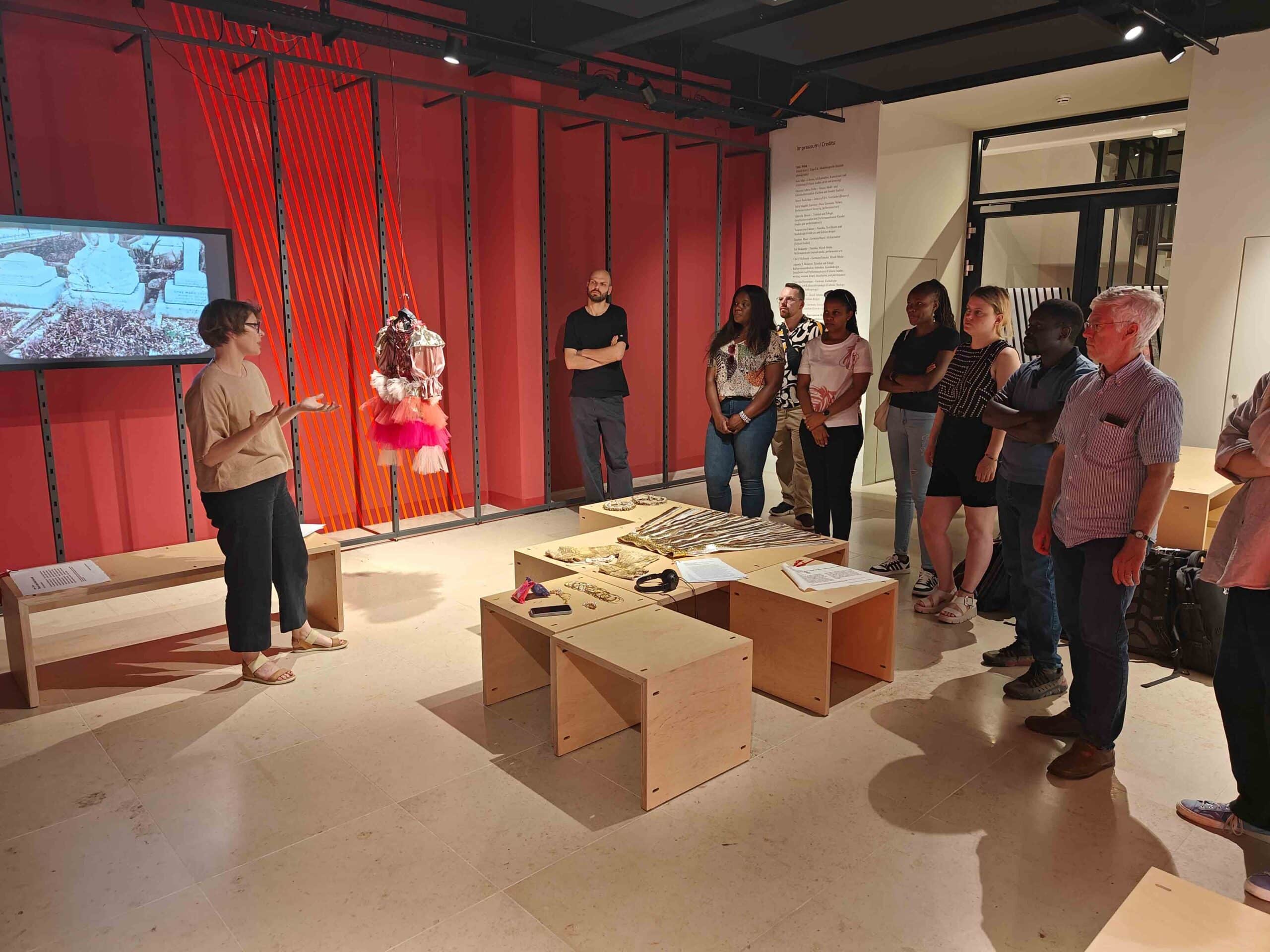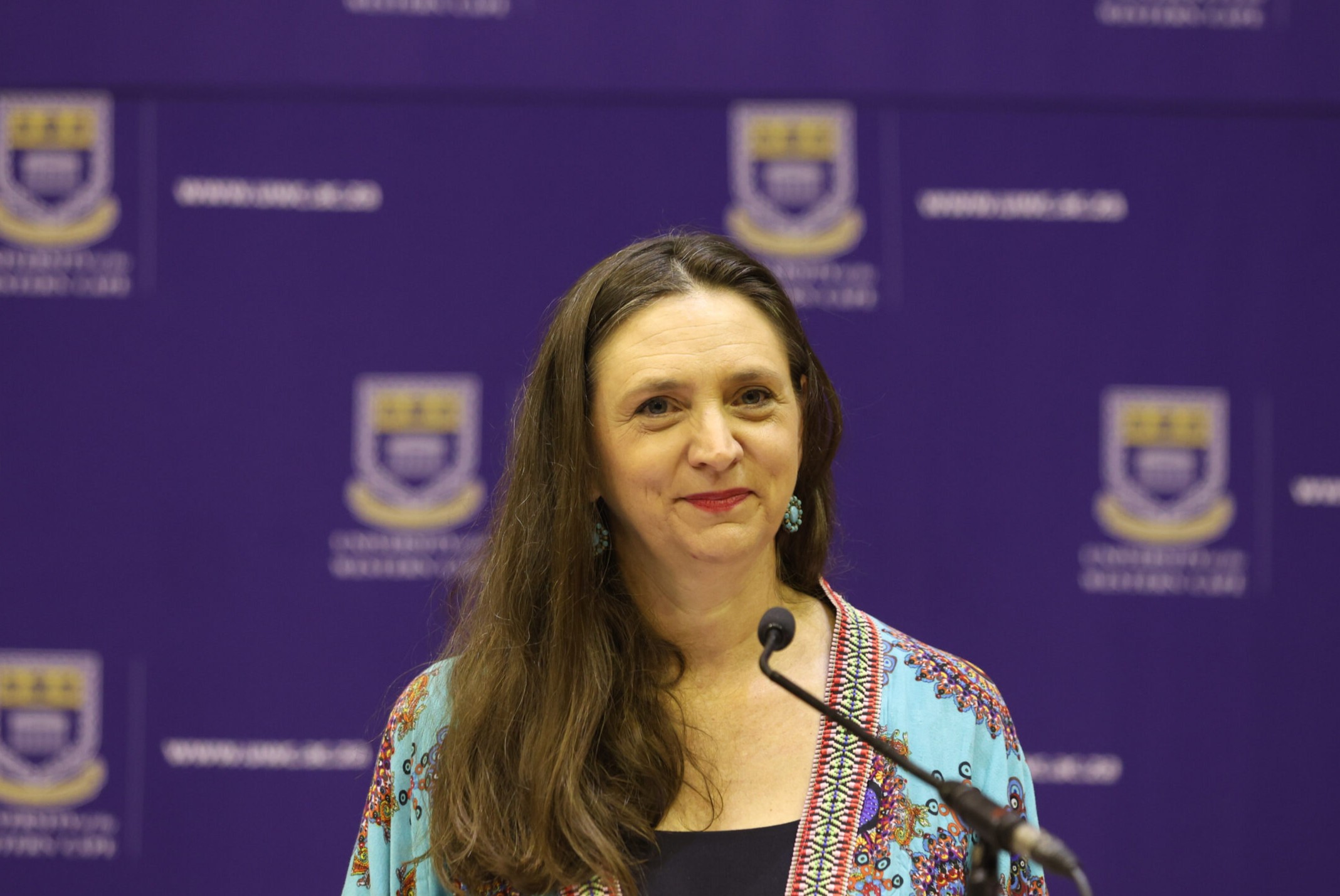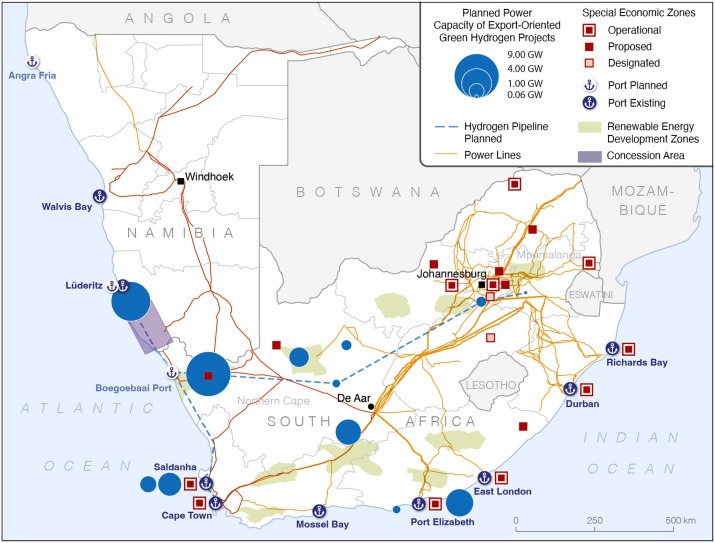‘Incorporating African scholars in the PI capacity at the CRC is reflective of the much-needed inclusivity and forward-thinking mindset required in academia today…,’ says Hellen Kamiri, one of the Principal Investigators joining the Collaborative Research Center, Future Rural Africa project in 2022. The project has recruited two Kenyan-based senior researchers: Dr. Eric Kioko from Kenyatta University and Dr. Hellen Kamiri from Karatina University, who will be working as Co-Principal Investigators in the projects – Green Futures, (C03) and Invasive Futures (B01) respectively. Their recruitment to the project is a crucial step towards CRC’s collaborative strategies in ensuring that African scholars are integral contributors in, and about African rural futures.
Introducing Eric Kioko
Dr. Eric Kioko is a lecturer and experienced researcher at the School of Environmental Studies at Kenyatta University in Nairobi as well as a lecturer and Co-PI at University of Bonn, Geographical department. Eric holds a BA in Anthropology from the University of Nairobi and an MA in Culture and Environment in Africa from University of Cologne. In 2016 he completed his dissertation at the University of Cologne in Social and Cultural Anthropology. Eric gathered valuable experiences from previous lecturing and researching positions at the universities in Bonn, Cologne, and Nairobi.
For the second funding phase of the C03 “Green Futures” project of the CRC-TRR 228 he will be a main focal point for the project in Kenya as a Co-PI together with Detlef Müller-Mahn. The team of the collaborative research centre is delighted to welcome Eric Kioko as a new member and is looking forward to a productive cooperation with him. Karibu sana!
Below, we feature Hellen’s research profile, as well as her take on the importance of strengthening collaborations between European and African scholars.
Strengthened collaborations, significant impact
As a Co-PI in the Invasive Futures project, Hellen is confident that her expertise will augment CRC’s research capacity, and most importantly, yield great impact from strengthened collaborations. ‘Incorporating African scholars in the PI capacity at the CRC is reflective of the much-needed inclusivity and forward-thinking mindset required in academia today. I believe that such collaborations are pertinent and a step forward towards enriching the influence and research outputs by African scholars globally. It is within these strategic collaborations that the much-needed policy development to achieve food and nutritional security, eradicate poverty, and mitigate the effects of climate change in rural Africa can be achieved,’ remarked Hellen.
Introducing Helen Kamiri
Hellen Kamiri is a senior lecturer in Agricultural Sciences specializing in soil and land resources in tropical landscapes. She joined the University of Karatina – Kenya in 2011 as a lecturer after completing her Ph.D. studies at the University of Bonn. She is a Fellow of the Centre for International Postgraduate Studies on Environmental Management (CIPSEM) at the Technical University of Dresden. Her academic background is in soil science and forestry, (Ph.D. Agricultural science, MSc in Soil Science) where she applies suitable approaches to investigate soil-plant-water interactions and distinguishes between different processes and system shifts in relation to land-use change and plant productivity. Hellen is also one of the Co-Principal Investigators in the B01 project, Invasive Futures, where she investigates soil and water attributes associated with the temporal and spatial spread of invasive plant species.
Research scope and Interests
Her current research interest is in evaluating land and water management strategies aimed at the restoration of degraded land resources in agro-pastoral systems. The research is based in four arid and semi-arid counties within the Tana River basin in Kenya (i.e. Machakos, Tharaka Nithi, Tana River, and Nyeri) and it involves the identification and mapping of degraded hotspots along Tana River and validation of performance of soil – water management strategies. Our partners include the National Museums of Kenya, Kenya Forestry Research Institute, and Garissa University. The project adopted an integrated land and water management approach which incorporates validation and promotion of existing agricultural technologies and management practices. The strategies being implemented include climate-smart crops and soil/water management strategies which will simultaneously stabilize soil and consequently provide multiple benefits for local communities such as increased food, fodder, and income, and environmental conservation. The approaches will help mitigate the further loss of critical biodiversity and habitats and restore degraded vegetation, improve water quality, increase water volume and enhance soil fertility. We are working with local communities and farmers’ groups in the expansive agro-pastoral communities to ensure the implementation of the project and the dissemination of the research findings.
We wish both Hellen and Eric, a wonderful start in their new roles. Karibuni!






